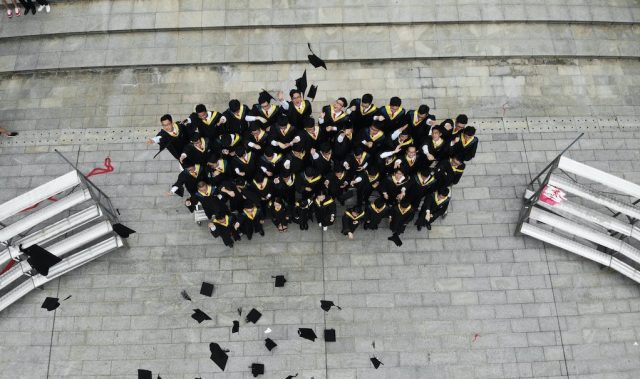
AsianScientist (Apr. 26, 2016) – In a study published in The Journal of Biological Chemistry, scientists have described the structure of a key transport protein at the blood-brain barrier, Mfsd2a. This molecular model could prove important for the development of therapeutic agents that can cross the mostly impenetrable blood-brain barrier, thereby helping to treat neurological disorders such as glioblastomas, or brain tumors.
Currently, there are limitations to drug delivery to the brain as it is closely protected by the blood-brain barrier, a protective layer that separates the circulating blood from the central nervous system. The barrier prevents the entry of certain toxins and drugs to the brain, restricting the treatment of many brain diseases. However, as a transporter within the barrier itself, Mfsd2a is a potential conduit for bypassing the barrier to deliver drugs directly to parts of the brain.
In the present study, first author PhD student Ms. Debra Quek and senior author Professor David Silver from Duke-NUS Medical School used molecular modeling and biochemical analyses of altered Mfsd2a transporters to derive a structural model of human Mfsd2a. Importantly, the work identifies previously unknown binding features of the transporter, providing insight into the transport mechanism of Mfsd2a.
“Our study provides the first glimpse into what Mfsd2a looks like and how it might transport essential lipids across the blood-brain barrier,” said Quek.
“It also facilitates a structure-guided search and design of scaffolds for drug delivery to the brain via Mfsd2a, or of drugs that can be directly transported by Mfsd2a.”
Quek plans to further validate her findings by purifying the Mfsd2a protein in order to further dissect how it functions as a transporter.
The article can be found at: Quek et al. (2016) Structural Insights into the Transport Mechanism of the Human Sodium-Dependent Lysophosphatidylcholine Transporter Mfsd2a.
———
Source: Duke-NUS Medical School.
Disclaimer: This article does not necessarily reflect the views of AsianScientist or its staff.












